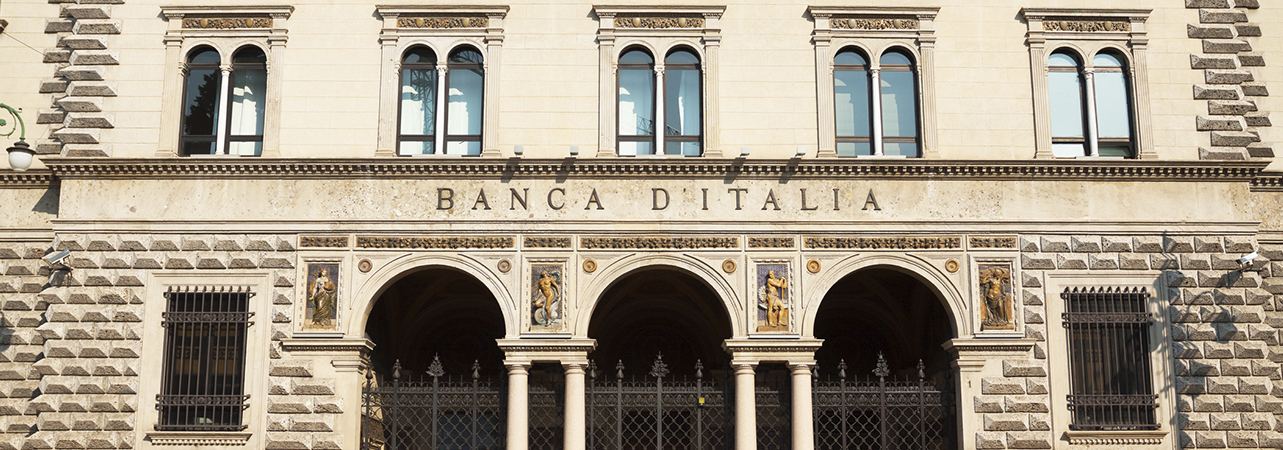The eurozone’s economy expanded by only 0.1% during the fourth quarter of 2019, dragged down by the impact of global trade tension. Investor sentiment was boosted by the news that the US and China had signed their “Phase One” trade deal, but optimism was quickly suppressed by mounting concerns over the spread of the coronavirus
- France’s and Italy’s economies contracted in Q4 2019
- The ECB may decide to change its inflation target
- Optimism picked up in Germany
To view the series of market updates through January, click here
The eurozone’s economy expanded by only 0.1% during the fourth quarter of 2019, dragged down by the impact of global trade tensions caused by the longstanding conflict between the US and China. Investor sentiment was boosted during January by the news that the two countries had signed their “Phase One” trade deal, but optimism was quickly suppressed by mounting concerns over the spread of the coronavirus and the potential impact on the global economy. The Dax Index fell by 2% during January, while the CAC 40 Index declined by 2.9%.
“How we measure inflation is clearly something that we need to look at” (ECB President Christine Lagarde)
Having grown by 0.3% during the third quarter, France’s economy contracted by 0.1% in the fourth quarter, dampened by weak export activity and the impact of companies running down their inventories. Meanwhile, Italy’s economy shrank by 0.3% during the period as companies unwound their inventories.
Although the annualised rate of inflation in the eurozone rose from 1% in November to 1.3% in December – achieving its highest level since June 2019 – it remains significantly lower than the European Central Bank’s (ECB’s) target rate of below but close to 2%. The ECB commenced a review of its monetary policy strategy, raising speculation that its inflation target might be changed. ECB President Christine Lagarde said: “How we measure inflation is clearly something that we need to look at”. The central bank is widely expected to leave its current monetary policy stance unchanged until the review has been concluded.
The International Monetary Fund (IMF) expects the eurozone’s economic growth to pick this year, albeit at a slightly slower rate than previously predicted. Following growth of 1.2% last year, the IMF trimmed its forecast for 2020 from 1.4% to 1.3%, and also downgraded its forecast for Germany’s expansion this year from 1.2% to 1 1%, citing weakness in the country’s manufacturing sector.
Germany’s economy expanded by 0.6% during 2019, representing its lowest calendar-year growth rate since 2013. Growth was supported by household spending, and industrial production was dragged down by low output from the automotive sector. Although exports increased, they rose more slowly than in previous years. During November, exports fell at an annualised rate of 2.9%, and imports fell by 1.6%. The ZEW Indicator of economic sentiment suggested that optimism amongst German investors had improved to its highest level since July 2015, buoyed by thawing trade relations between the US and China.
A version of this and other market briefings are available to use in our newsletter builder feature. Click here




